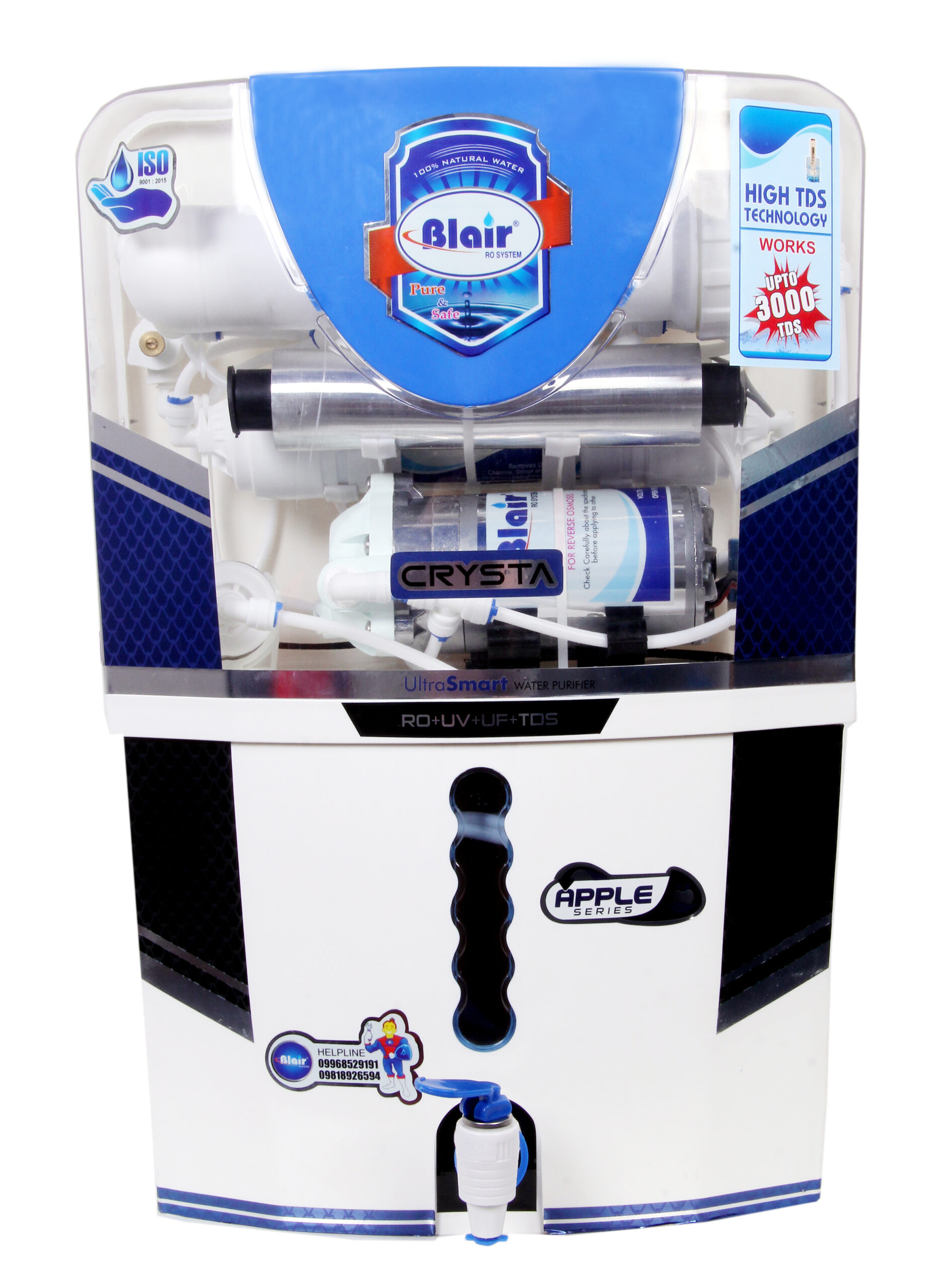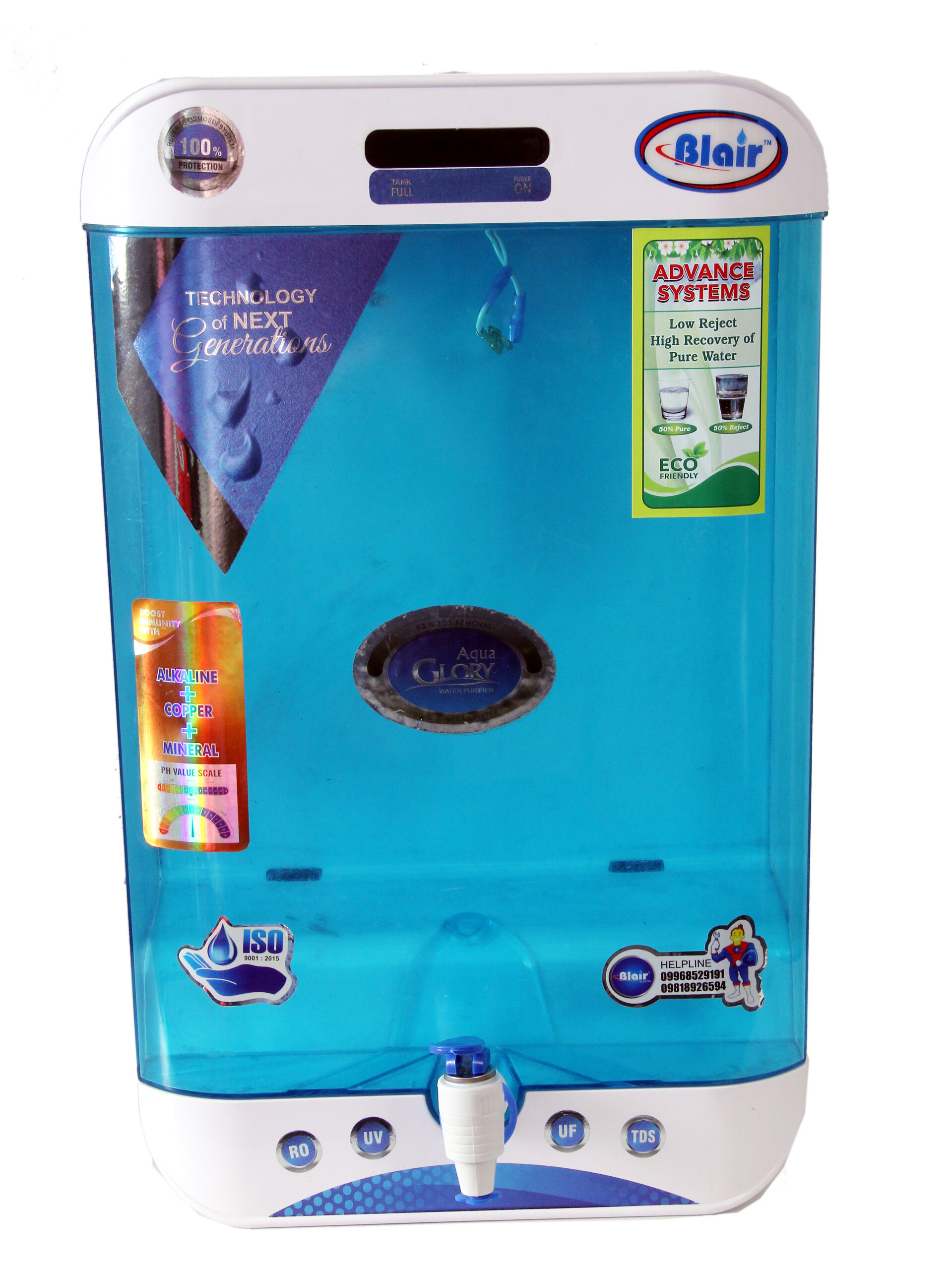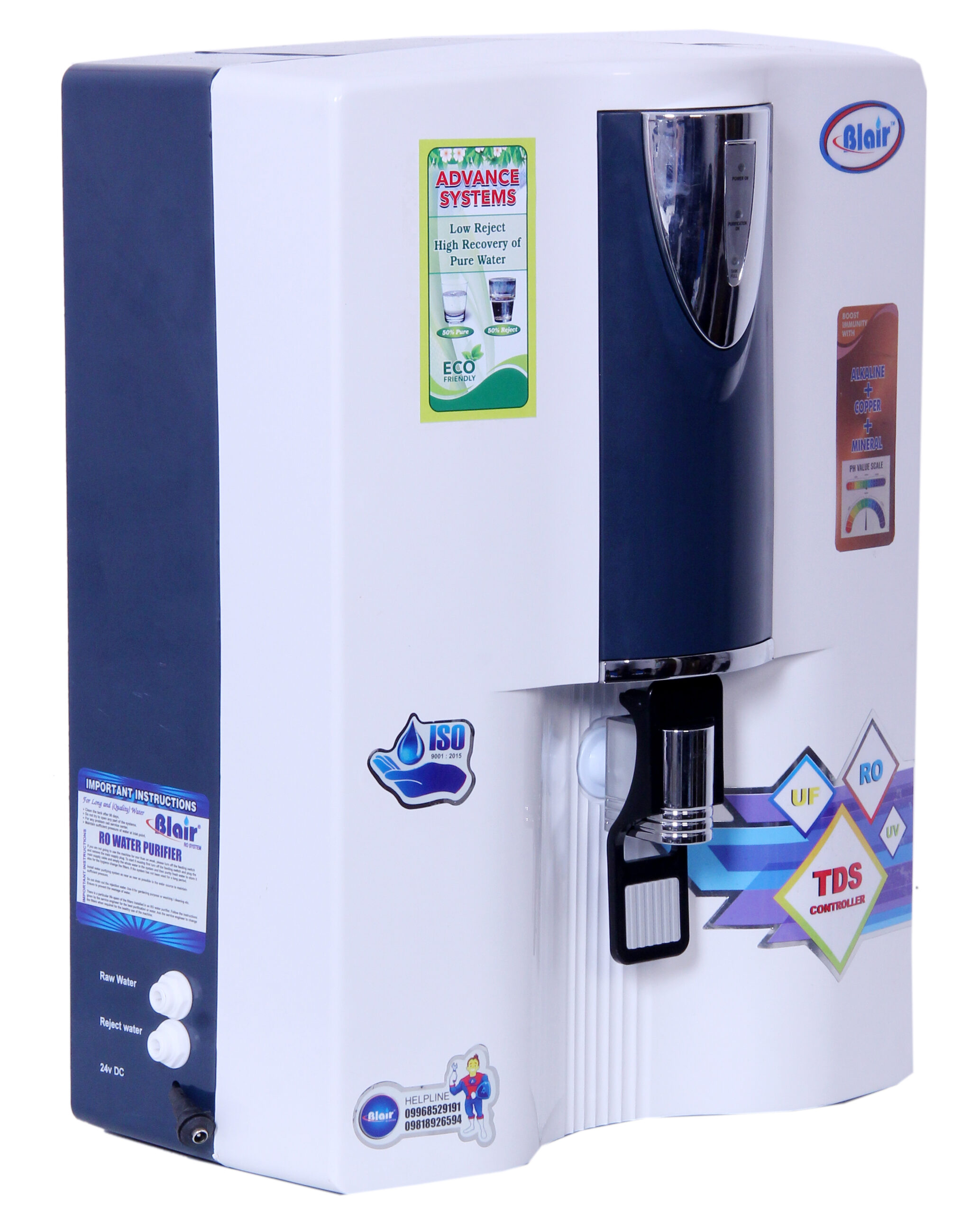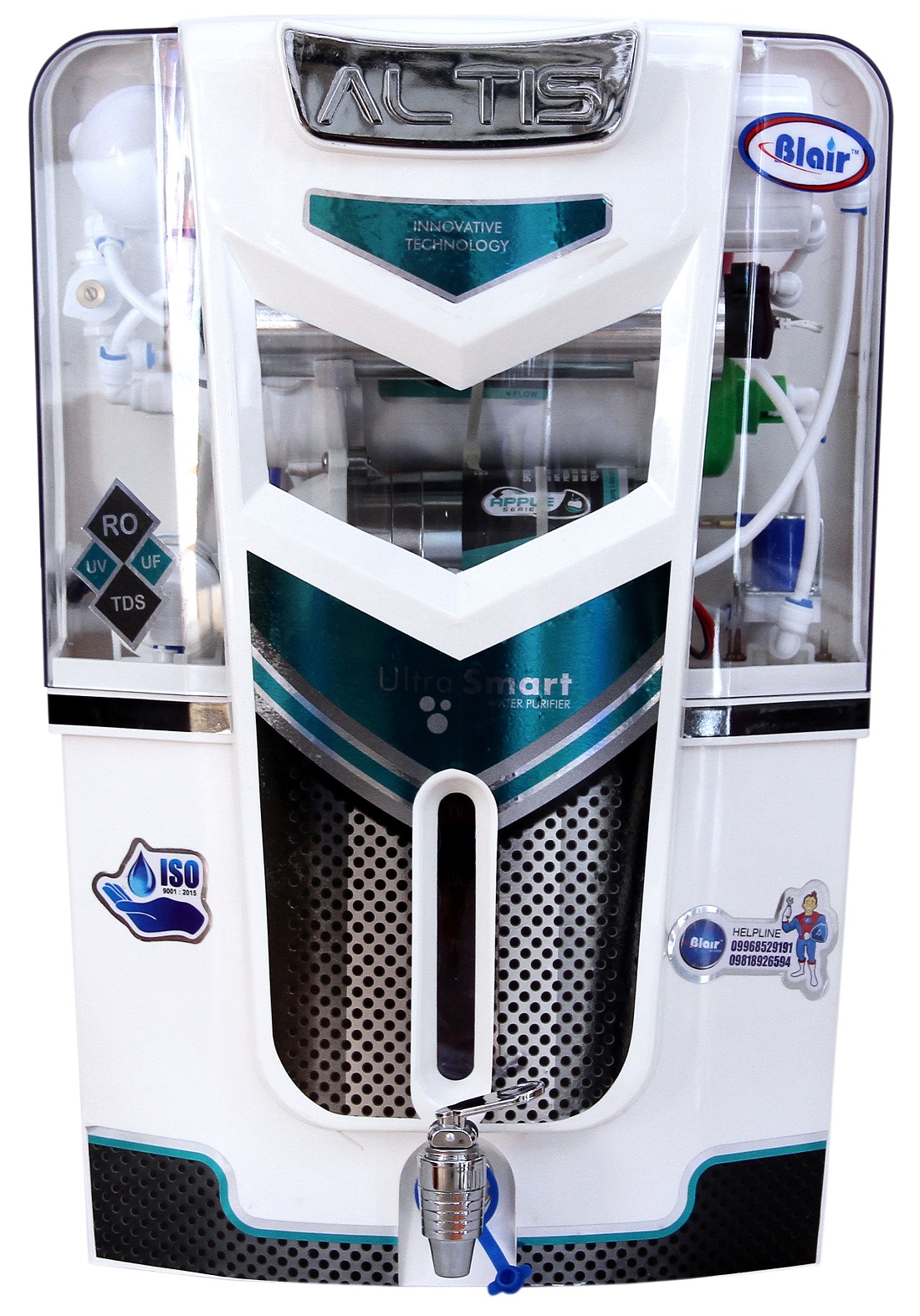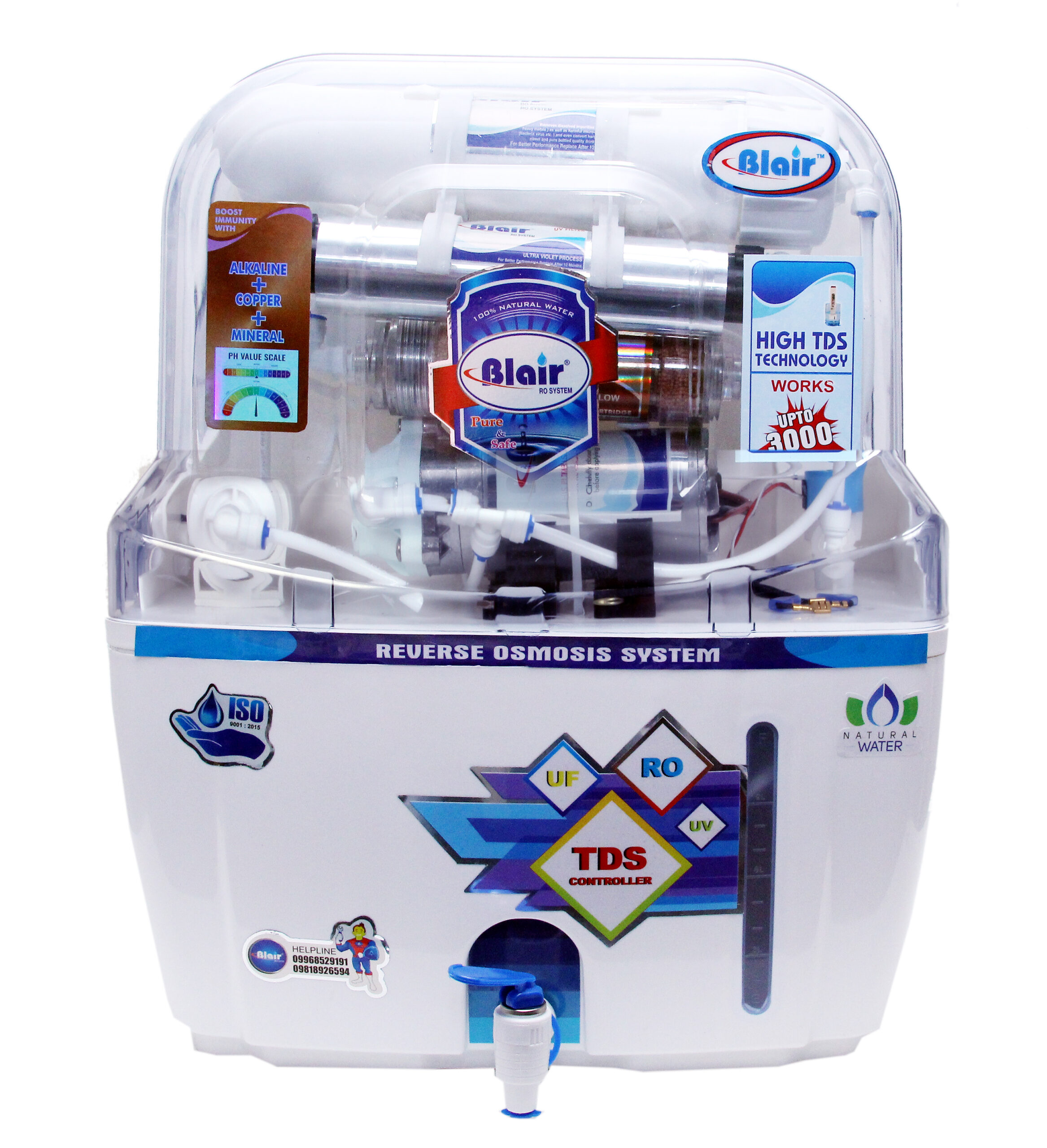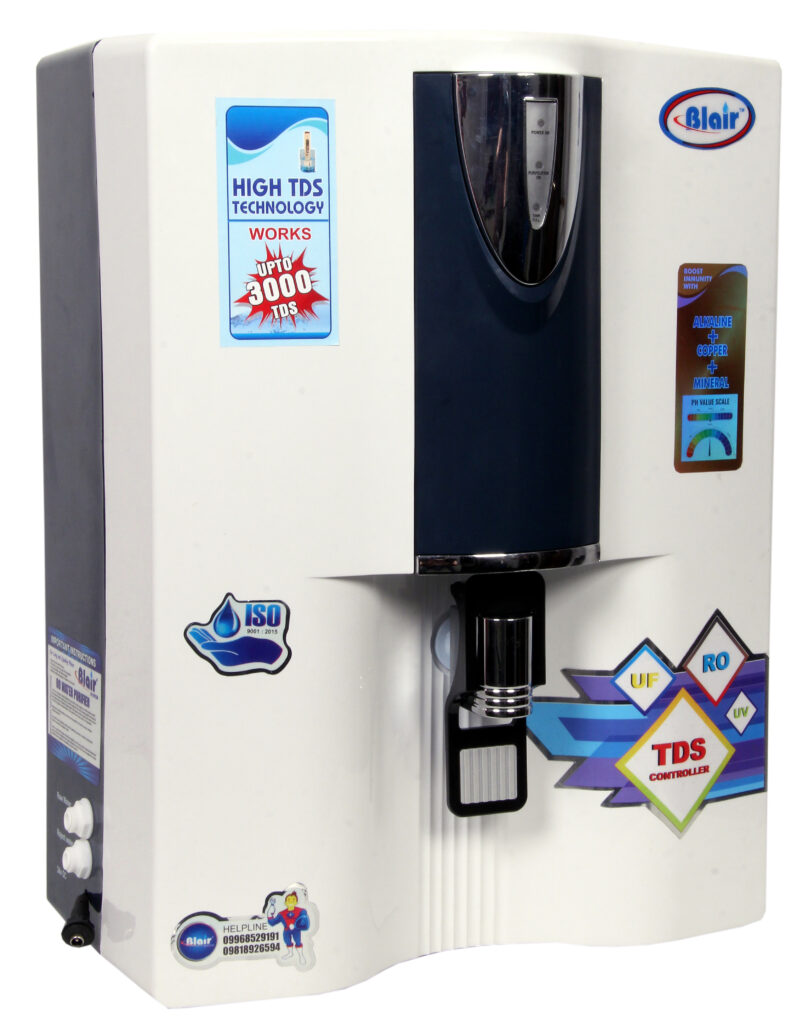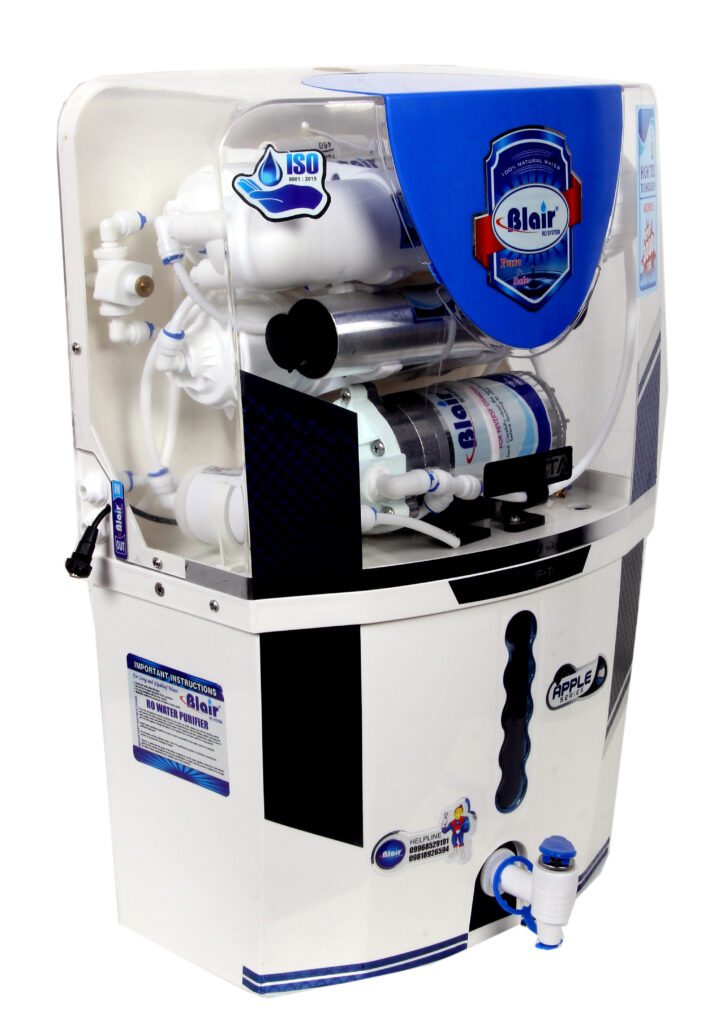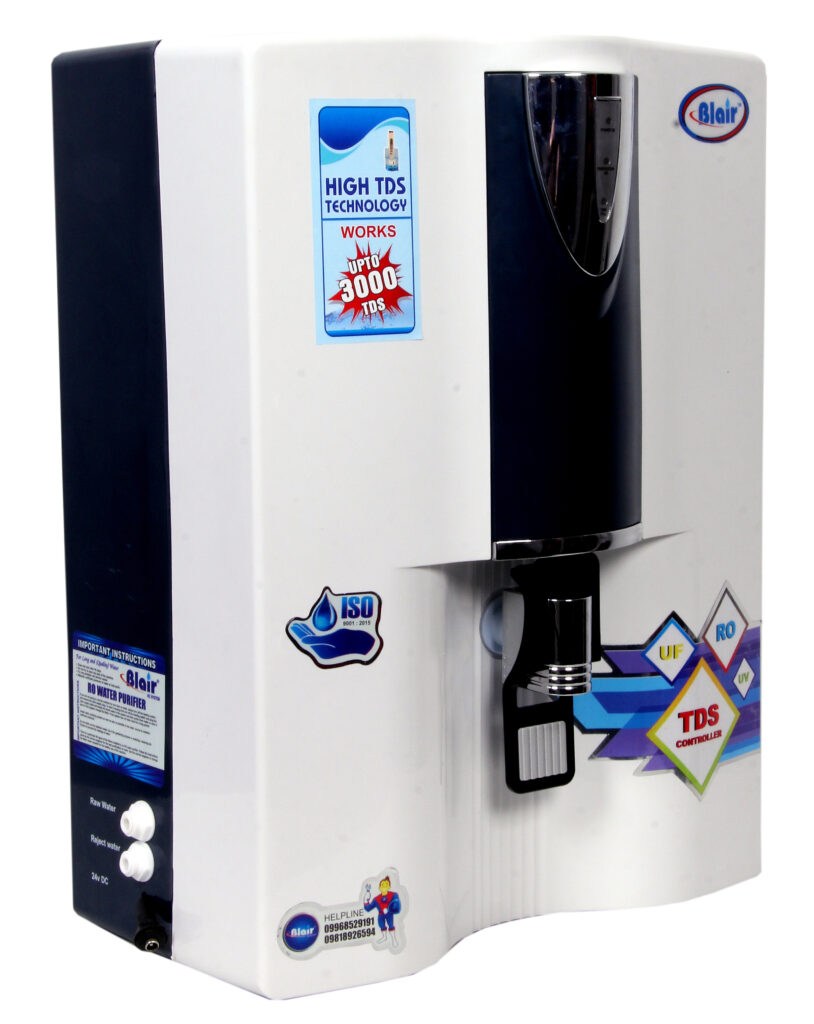Introduction
A recession can be a difficult time for both individuals and small business owners. During a recession, there is usually a decrease in economic activity, leading to a decrease in consumer spending, job losses, and a general slowdown in the economy. If you are an individual or small business owner, it is important to have strategies in place to survive a recession. In this blog post, we will discuss some strategies that can help you survive a recession.
“During a recession, you have to fight to survive. You have to be willing to adapt and change to stay afloat.”
– Marcus Lemonis
Click here to check out some amazing Water Purifiers.
Strategies for Surviving a Recession
- Cut Costs:
During a recession, it is important to cut costs wherever possible. As an individual, you can cut back on unnecessary expenses such as eating out, subscription services, and entertainment. Small business owners can also look for ways to reduce expenses such as renegotiating contracts, reducing inventory, and cutting back on advertising expenses. - Increase Savings:
In a recession, there is a higher chance of job losses or decreased revenue for small businesses. It is essential to have savings to fall back on during these times. As an individual, you can increase your savings by setting aside a certain amount each month. Small business owners can also build up their cash reserves by reducing owner withdrawals, limiting capital expenditures, and cutting back on unnecessary expenses.
- Diversify Your Income:
Having multiple sources of income can help you weather a recession. As an individual, you can look for freelance or part-time work to supplement your income. Small business owners can also look for ways to diversify their income, such as expanding their product or service offerings, exploring new markets, or looking for partnerships. - Improve Skills:
During a recession, the job market becomes more competitive, and it is important to have skills that are in demand. As an individual, you can use this time to improve your skills through training or education. Small business owners can also invest in training and development for their employees to improve their skills and increase productivity. - Stay Connected:
During a recession, it is important to stay connected with your network. As an individual, you can stay in touch with former colleagues, attend networking events, and join online communities. Small business owners can also stay connected with their customers, suppliers, and industry associations to stay abreast of changes in the market.
Conclusion
In conclusion, surviving a recession requires preparation, resilience, and adaptability. By cutting costs, increasing savings, diversifying your income, improving your skills, and staying connected, you can better position yourself to weather the storm of a recession.
Click here to check out some amazing Water Purifiers.


